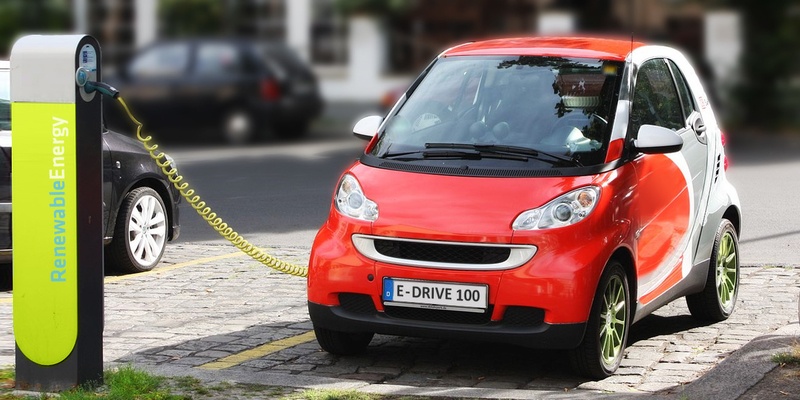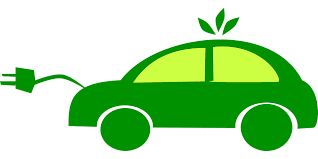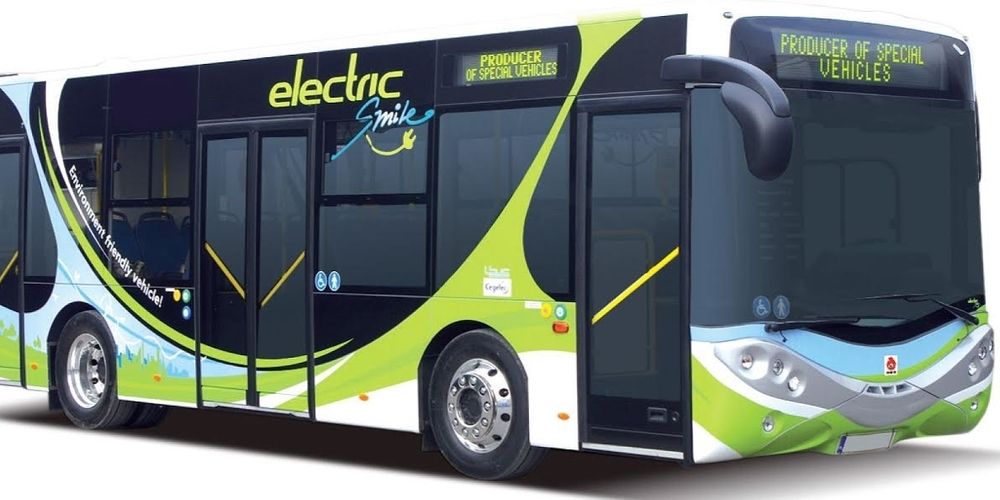A New Era in Security: India Rolls Out Its First AI-Powered Mobile Anti-Drone Vehicle
In a significant milestone for India’s defence and border security, Indrajaal Drone Defence has launched the country’s first AI-powered mobile Anti-Drone Patrol Vehicle (ADPV), the Indrajaal Ranger. This groundbreaking vehicle is designed to detect, track, and neutralize hostile drones while on the move, providing a flexible and dynamic response to modern aerial threats. Unlike traditional stationary anti-drone solutions, the Indrajaal Ranger enables continuous patrolling, rapid interception, and autonomous threat assessment, revolutionizing the way India protects its borders, critical infrastructure, and urban areas.Why Mobility Matters in Drone DefenceDrones have emerged as a primary channel for illegal activities and cross-border threats. In India, recent security incidents, including the infiltration of ISI-linked weapon smuggling drones and the neutralization of hundreds of Pakistani drones this year, have highlighted a critical vulnerability in stationary defense systems. Drones transporting weapons, narcotics, or surveillance tools can move rapidly across terrain, bypassing conventional checkpoints. The Indrajaal Ranger addresses this challenge directly. By combining mobility with AI-driven detection, it can patrol roads, canals, agricultural belts, critical infrastructure zones, and dense urban pockets without delay, providing a proactive security solution that anticipates threats rather than reacting to them.Core Capabilities of the Indrajaal RangerThe Indrajaal Ranger is equipped with advanced AI algorithms that make it a highly capable and versatile security solution. Its autonomous threat assessment enables it to identify hostile drones in real time and prioritize targets based on risk, ensuring that the most dangerous threats are addressed first. With on-the-move detection and tracking, the vehicle can continuously patrol while scanning the airspace, significantly reducing reaction time compared to stationary systems. Its instant neutralization capability allows it to deploy countermeasures and safely disable hostile drones immediately, preventing potential damage or intrusion. Additionally, the Ranger’s versatile terrain operation allows it to navigate urban, rural, and border landscapes, providing coverage in areas where fixed systems are ineffective. Together, these features create a transformative layer of security, cutting off smuggling supply routes, disrupting extremist operations, and protecting vulnerable communities across India.Addressing India’s Security ChallengesThe urgency for mobile anti-drone solutions has grown due to escalating cross-border drone incidents. Many drones intercepted recently were tied to drug trafficking networks valued at over ₹3 lakh crore, which fund criminal operations and extremist recruitment. Each drone intercepted by a system like Indrajaal Ranger directly prevents illegal activity, protects lives, and ensures law enforcement gains critical time to respond to potential threats. The mobile ADPV system is not just a technological marvel; it is a lifeline for border communities who often face risks from smuggling, drug networks, and extremist infiltration. By neutralizing threats before they reach populated areas, the vehicle restores a sense of security and normalcy for residents living near vulnerable zones.Implications for Border Communities and Urban SafetyThe Indrajaal Ranger’s deployment carries profound implications beyond security statistics. In remote border villages, where illegal drone activities threaten livelihoods and safety, mobile anti-drone systems act as deterrents, enabling families to carry on daily life with reduced fear. Similarly, in urban areas with critical infrastructure, the vehicle safeguards electricity grids, water supplies, hospitals, and government facilities from aerial threats, creating a more resilient and prepared society. By preventing drones from being used as logistical channels for drugs or weapons, the system directly impacts public safety, law enforcement effectiveness, and the overall well-being of citizens, showcasing how technology can blend with human security priorities.A Game-Changer in National DefenceThe Indrajaal Ranger is a landmark innovation in India’s security landscape. Its AI-driven autonomy, mobility, and instant interception capabilities make it a revolutionary addition to the nation’s anti-drone arsenal. Beyond neutralising threats, it strengthens border surveillance, urban safety, and anti-smuggling operations, ensuring a safer environment for citizens. As drone technology continues to evolve, systems like the Indrajaal Ranger will define the next generation of defence solutions combining human ingenuity, AI precision, and real-world application to protect both lives and the integrity of the nation.

.jpg)
.jpeg)
.jpg)



.jpg)
.jpg)